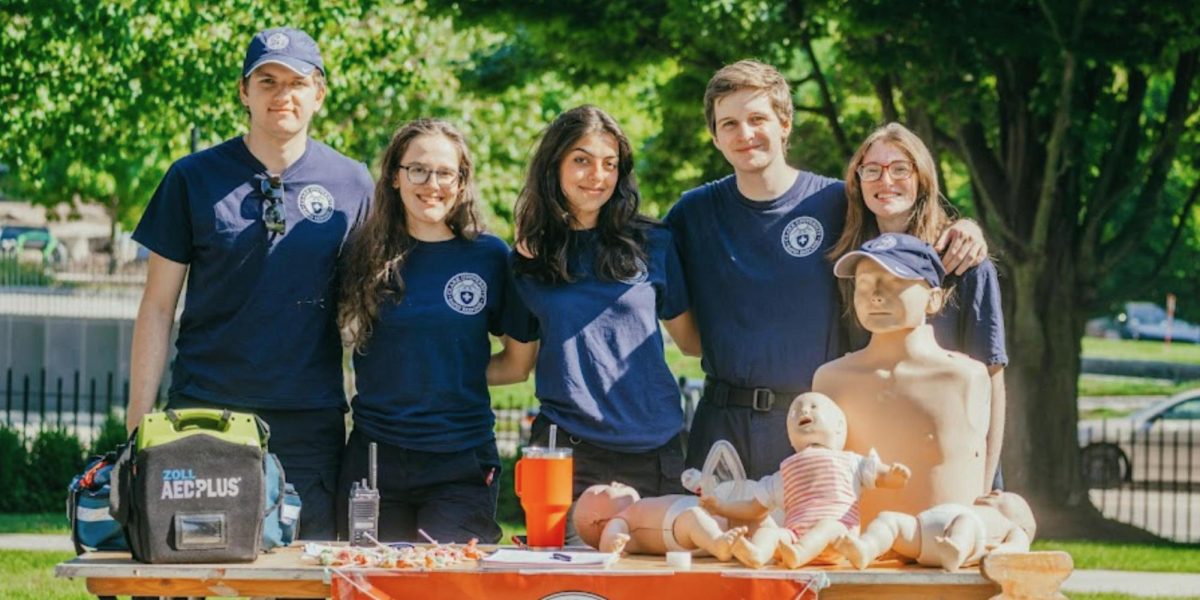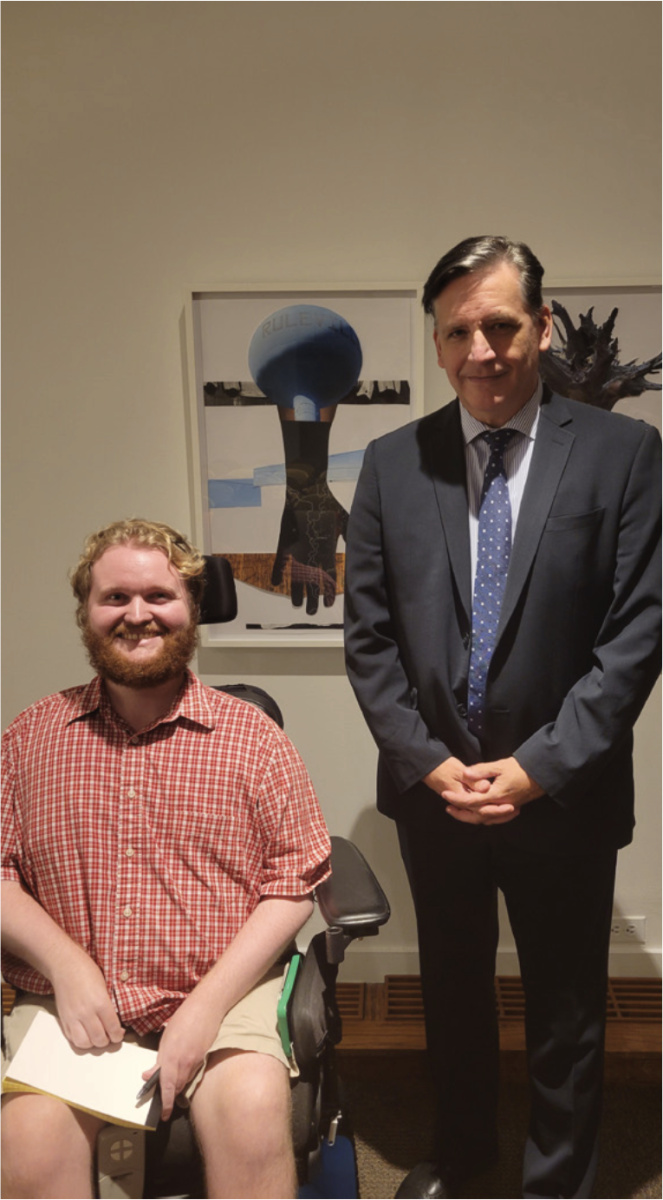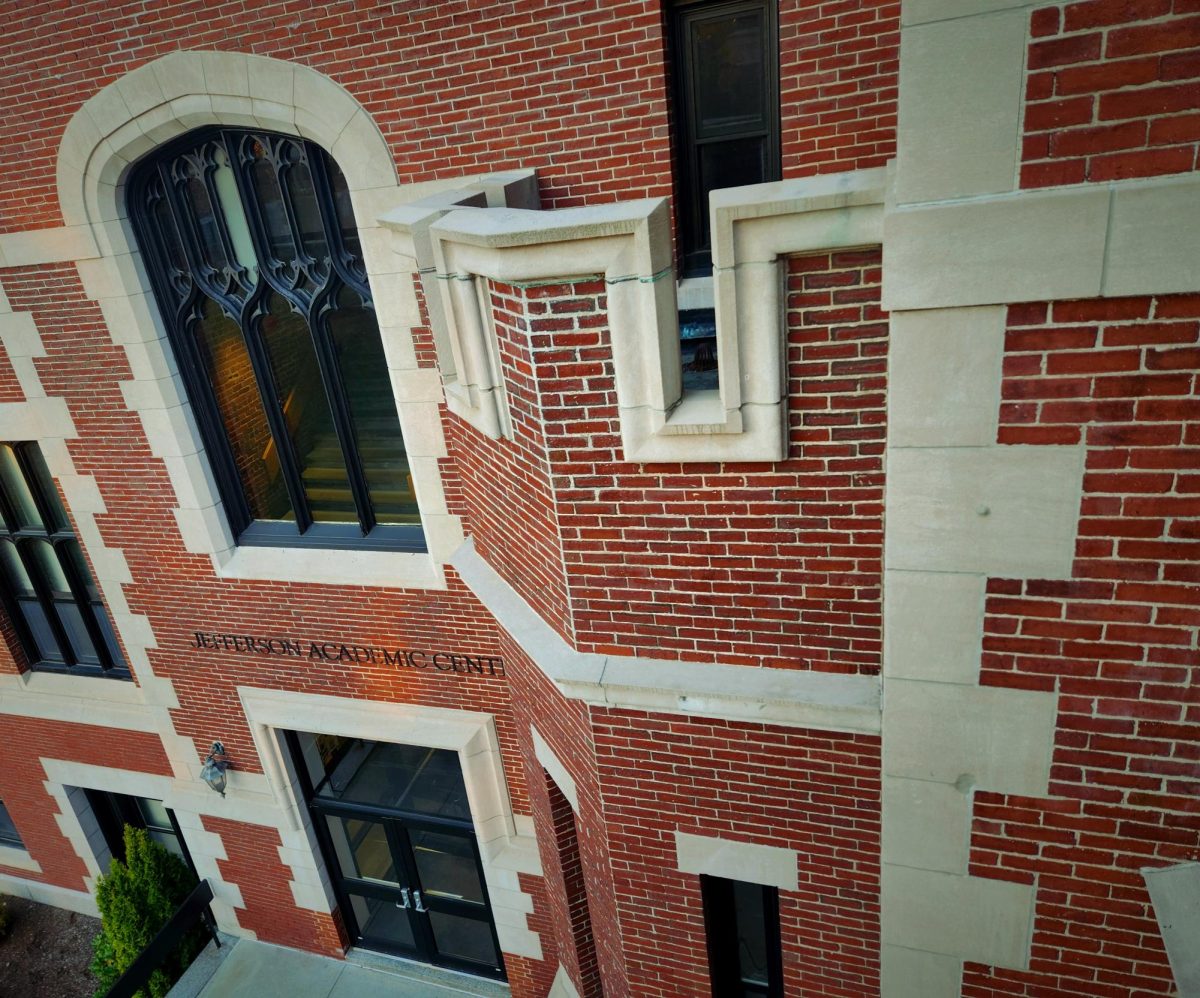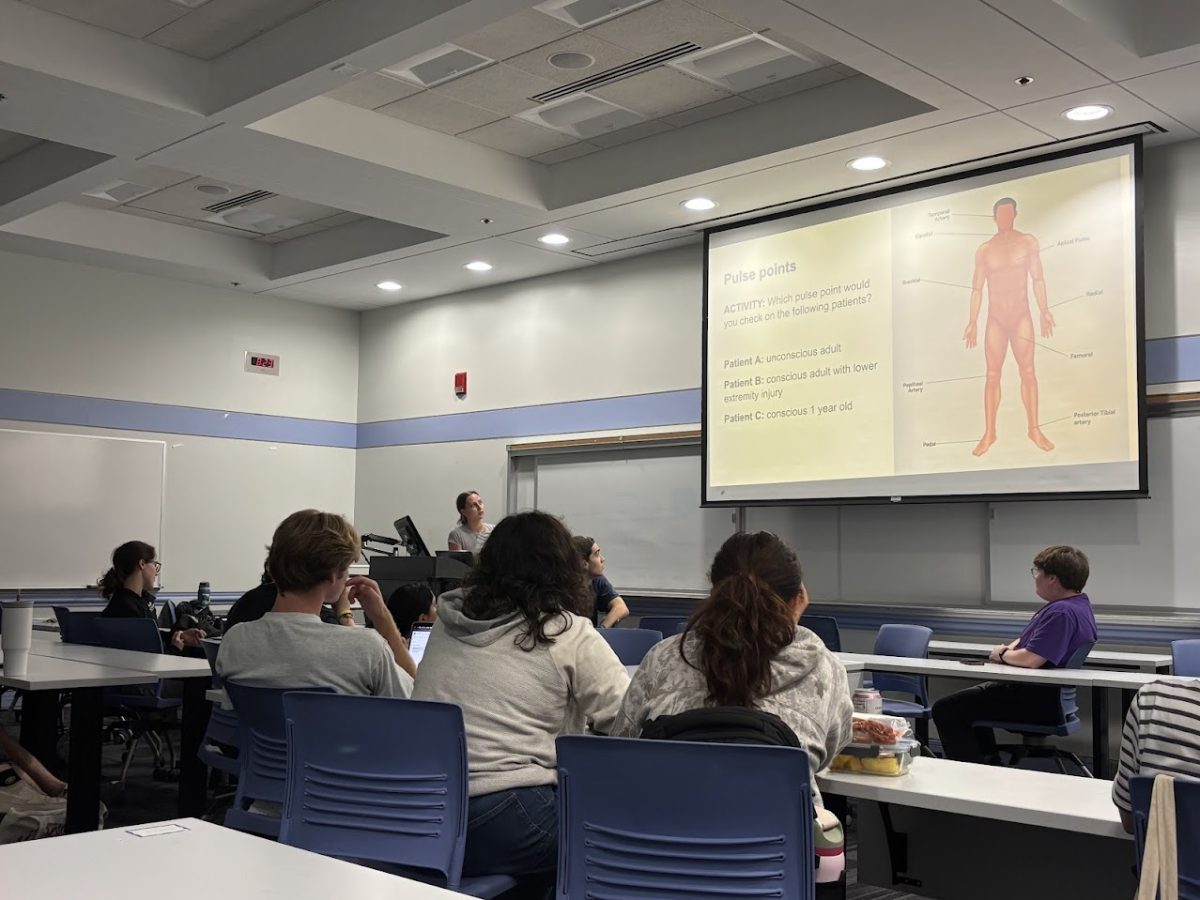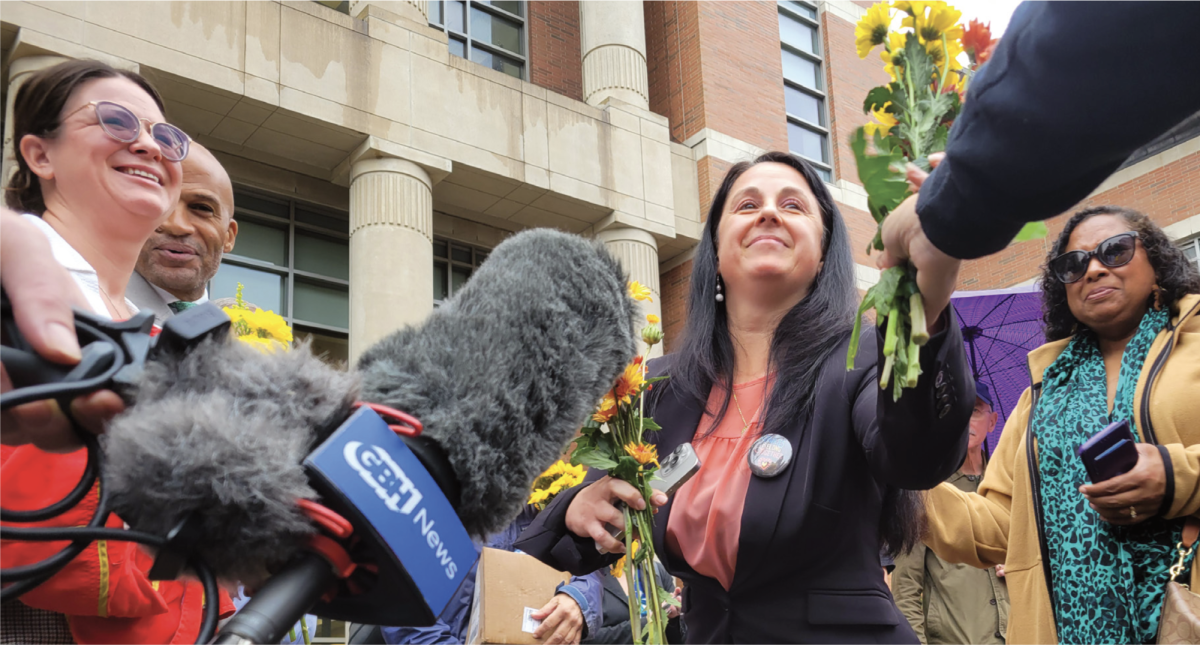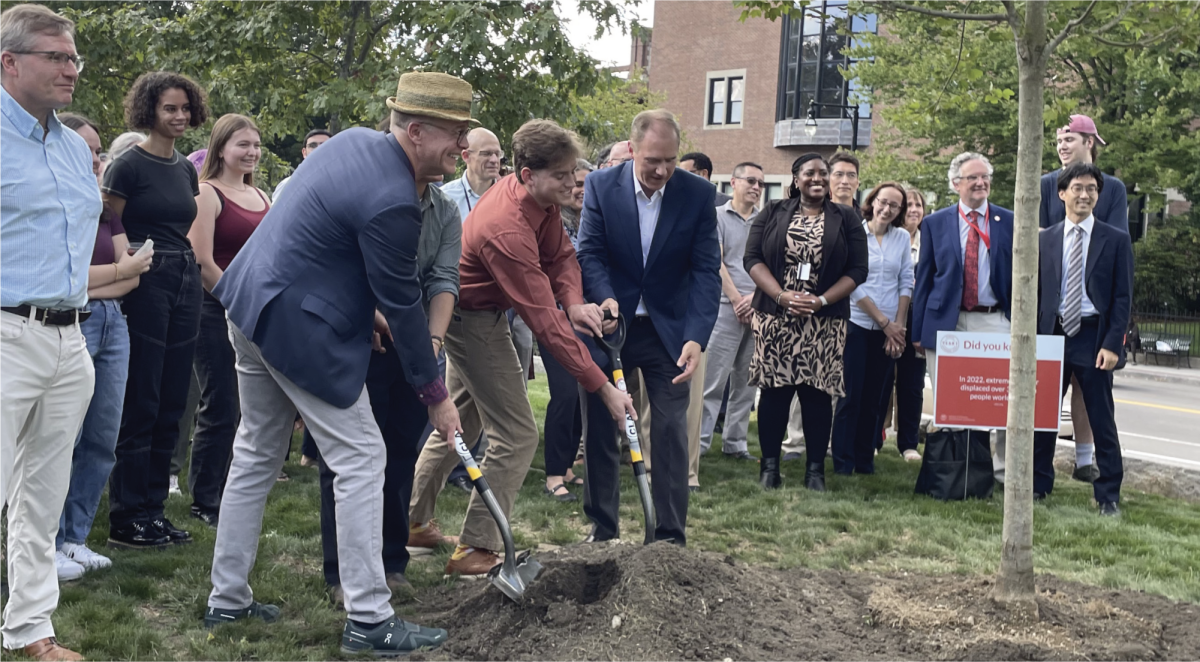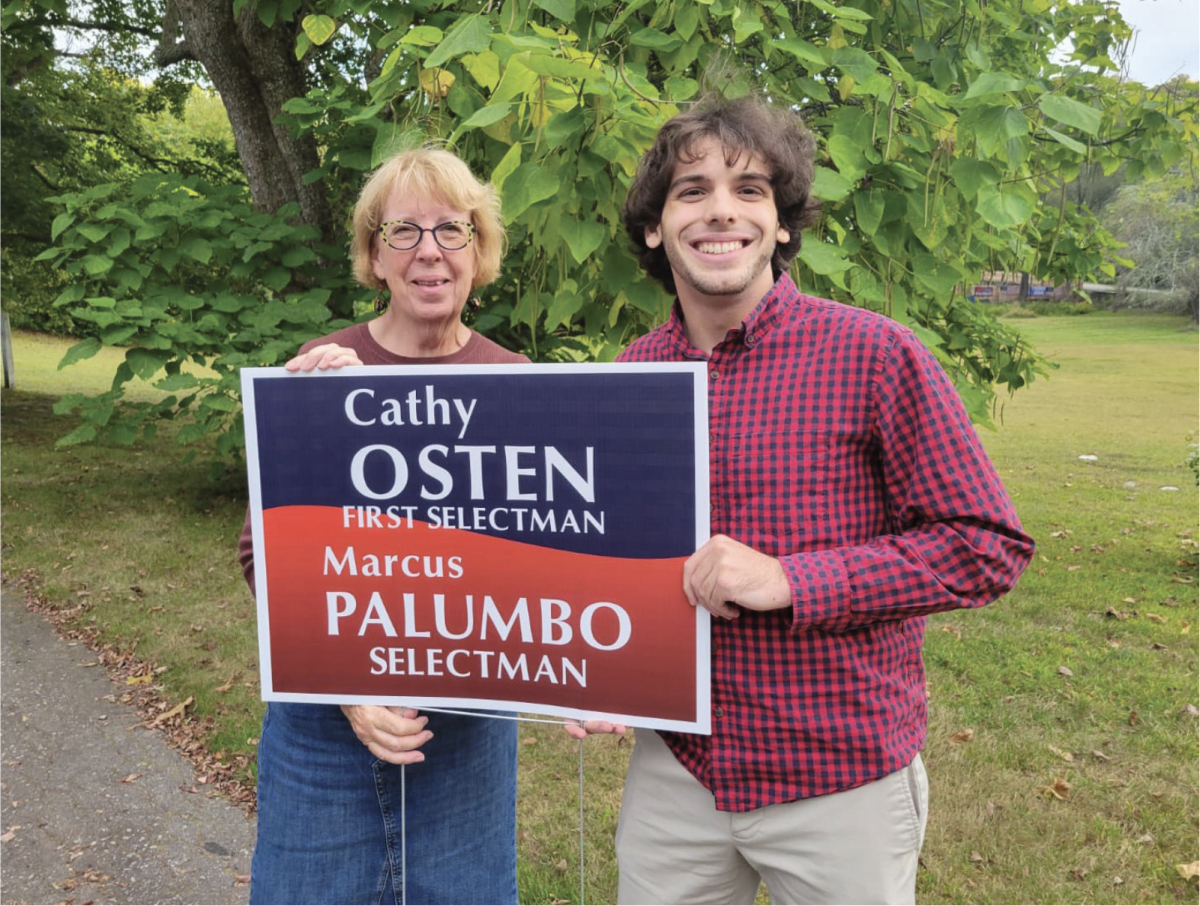Clark University Rapid Response (CURR), a student organization of certified EMRs (Emergency Medical Responders) who provide emergency medical services to students on campus, has suspended its services due to a legal snafu.
According to CURR President Patrick Ziegler, CURR has been without a medical dispatcher since 2019. Medical dispatchers allow EMTs to practice through an ambulance company and under the license of a doctor. This gives them an increased scope of practice, allowing EMTs to provide patients with oxygen, epinephrine, and glucose, among other medications.
CURR Vice President Victoria Quagenti explained that each state has its own protocols of services EMTs are allowed to provide their patients. Medical dispatchers give EMTs medical oversight and consent to provide services beyond those listed in protocols.
Ziegler said that prior to 2019, CURR had partnered with the ambulance company MedStar. MedStar acted as CURR’s medical dispatchers until the COVID-19 pandemic caused both MedStar and CURR to downsize dramatically. CURR began operating under the understanding that the University Police acted as an ad-hoc medical dispatcher.
“Which was the reason why rapid response did not carry like medication and things like that,” Ziegler explained. “We knew that we didn’t have a medical director, but we were under the impression that with what our scope of practice was, that was okay.”
Early in the 2024-2025 academic year, Ziegler and Quagenti approached their faculty advisor, CUPD Officer Evan Gaylord, about potentially contracting with an official medical director. They also wanted clear documentation regarding their scope of practice. Gaylord said he would pursue these options but did not reply until after the March 2025 National Collegiate Emergency Medical Services Conference in Pittsburgh, PA.
Quagenti said the conference was “a great opportunity” for CURR members.
“It gives EMTs the opportunity to get recertified because that is an expensive and lengthy process,” Quagenti explained. “Honestly, like that alone is kind of worth the amount of money it costs to go to the conference.”
Ziegler added that the nearest EMT training program, hosted by the Worcester Polytechnic Institute (WPI), costs each student $3,000. Since Clark University Student Council (CUSC) allotted CURR $15,000 for the 2024-2025 academic year, training just five EMTs would amount to their entire annual budget. Traveling to the conference saved CURR a significant amount of money, Ziegler said. Quagenti added that the conference allowed students to take 12 of the 40 required course hours for EMT training free of charge.
“It also gave us an opportunity to talk to other clubs about how they’re running things,” Ziegler added. “Me and Victoria met with all the leaders from the Massachusetts regional group, which was Northeastern, us [UMASS] Lowell, MIT, Harvard…we learned that we were doing a lot more with a lot less,” he joked, referencing their $15,000 budget.
However, things changed during a meeting with Officers Gaylord and Kalah LaPlante on Monday, Feb. 24, following the conference. Gaylord and LaPlante said that Clark University representatives had met with lawyers and explained that UP was not, as CURR thought, acting as a medical dispatcher. UP had previously believed Clark University Health Services (HS) was acting as CURR’s medical dispatcher.
“We were under the impression that we were functioning under University Police, and University Police was under the assumption that we were functioning under Health Services and Health Services was under the assumption that we were functioning under University Police,” Ziegler said. “It was kind of this big triangle of miscommunication that’s been happening for 6-plus years.”
Quagenti also explained that CURR cannot afford its own liability insurance. This means that every CURR member could be held personally liable for medical emergencies under their care–without knowing it.
“So if you were an EMT and you did CPR on someone and you punctured a lung or whatever, and [the patient] wanted to sue, we could get sued,” Quagenti said.
Ziegler said that due to liability concerns, CURR was told they no longer had the discretion to take vitals–this includes a patient’s blood pressure and pulse–or use an Automated External Defibrillator (AED). Instead, they could only take calls involving “bandaids and ice packs.”
“Dispatch is very rarely completely accurate,” Quagenti said. “Sometimes a call will come through as a small cut, and then we get there and it’s something way more intense.”
“Personally, I do not feel comfortable not being able to take vital signs,” she continued. “It’s like providing care with your eyes closed.”
Additionally, a UP officer would have to accompany CURR members on all dispatches under the new policy. For these reasons, CURR decided to temporarily suspend their services on February 27.
Ziegler and Quagenti are pursuing avenues for obtaining liability insurance and medical oversight and hope to partner with a local ambulance company for the 2025-2026 academic year. This would give them a greater scope of practice, allowing them to provide services such as distributing oxygen and epinephrine to patients.
Quagenti warned that until then, students may see increased response times due to the current legal issues.
“Let’s say a student is having a cardiac event or something where, like, they would have to wait for a different ambulance service to get here,” she said. “Recently, like within the semester, I have had a very concerning cardiac-related call that took over 45 minutes for me to come between requests and when [the ambulance] finally arrived.”
“We don’t have official numbers on that, but I’ve been up to 45 minutes, 50 minutes waiting for an ambulance to arrive,” Ziegler finished.
Out of a desire to partner with a medical dispatcher, CURR increased their requested budget for the 2025-2026 academic year to $55,000. These expenses would cover oxygen canisters, epinephrine, AED pads, uniforms, EMT training services, and a vehicle for the oxygen. CUSC allotted CURR $9,000, almost $40,000 less than requested.
The Scarlet reached out to University Police, Officer Kalah LaPlante, and Officer Evan Gaylord for comment. Gaylord responded with a brief statement:
“At the moment, UP is still assisting [CURR] with reorganizing and reviewing their scope and policy,” Gaylord wrote. “The goal is not to eliminate the club, and we hope to find a solution for them to get back service.”
Correction: The original title “Clark University Rapid Response (CURR) Out of Service, Budget Slashed by $40k” was changed online to “Clark University Rapid Response (CURR) Out of Service, Proposed Budget Slashed by $40k” on April 1. The first sentence was corrected from “EMTs” to “EMRs”. “The Scarlet deeply regrets these mistakes and always hopes to ensure accuracy in all pieces.

